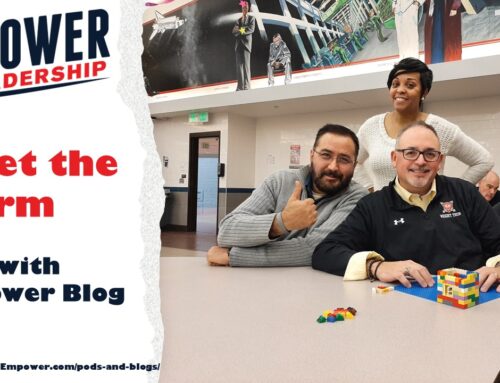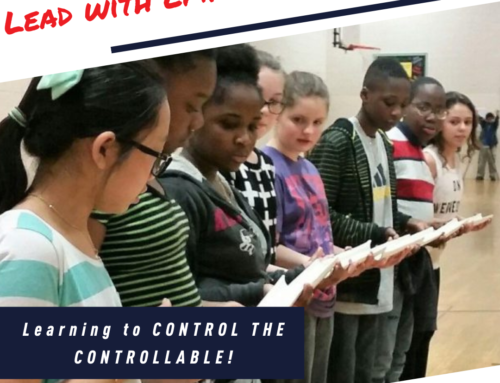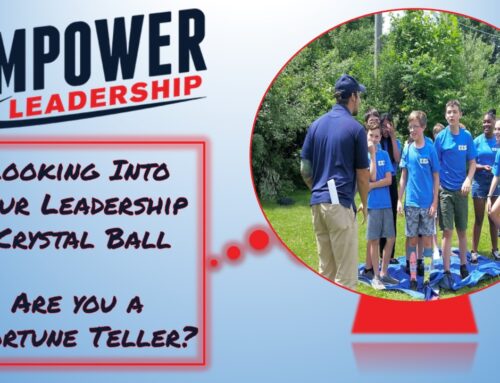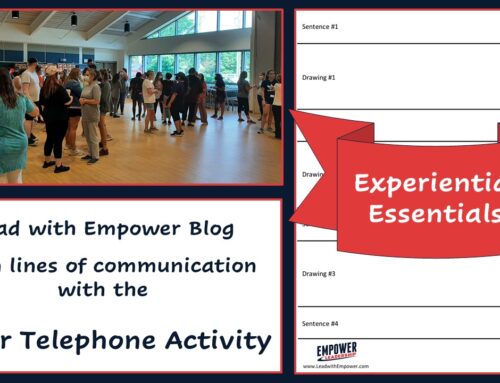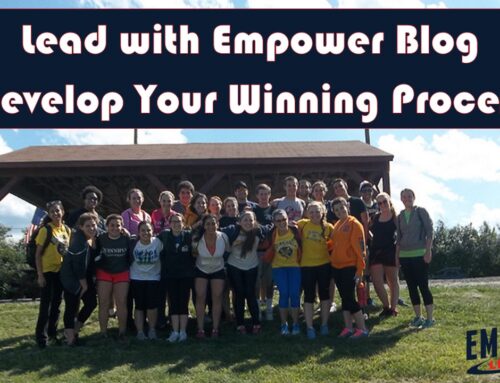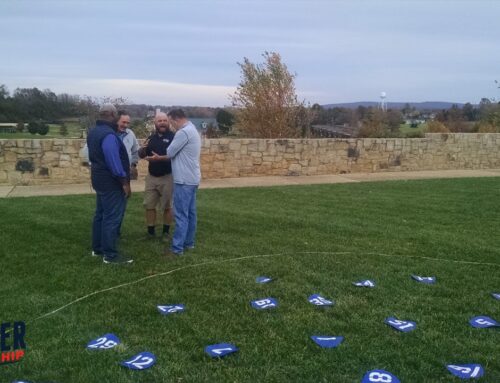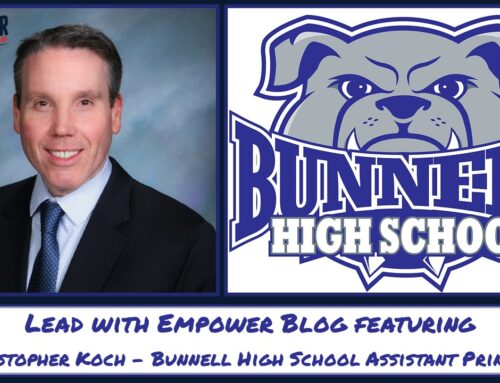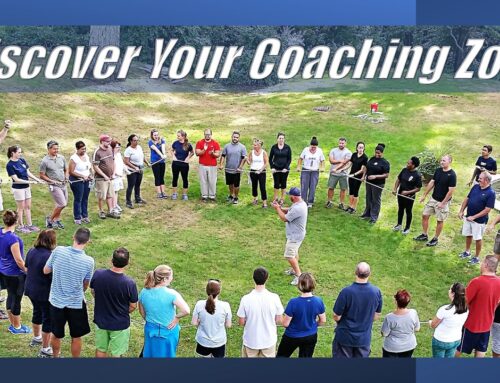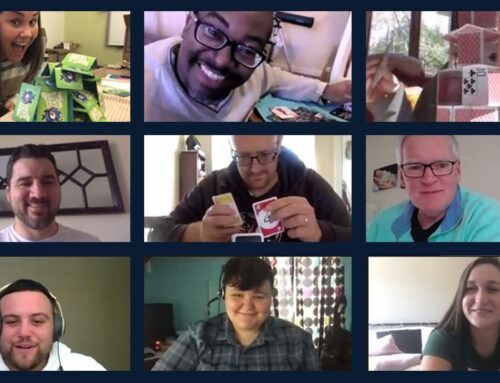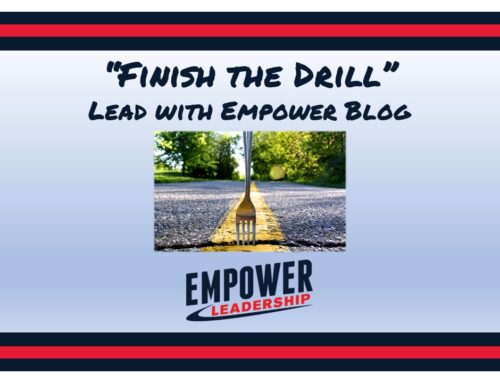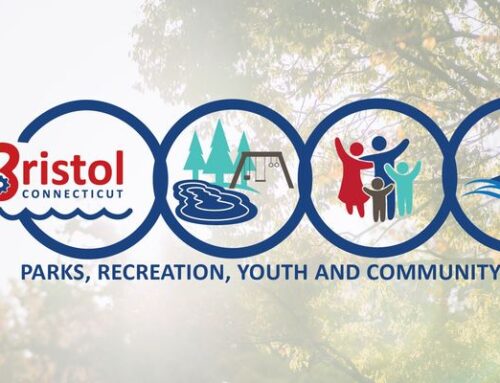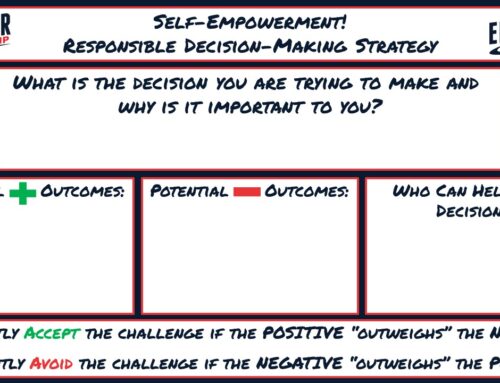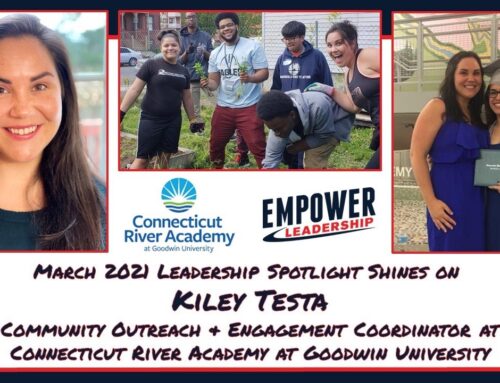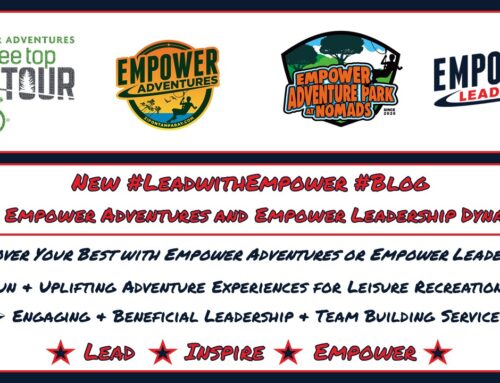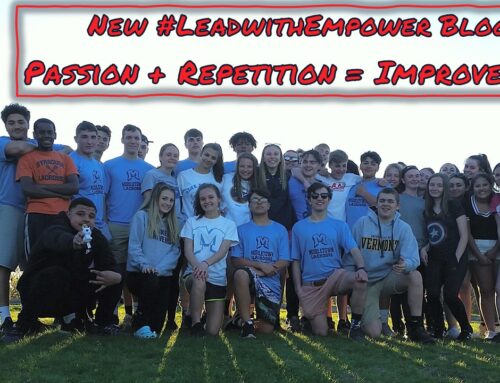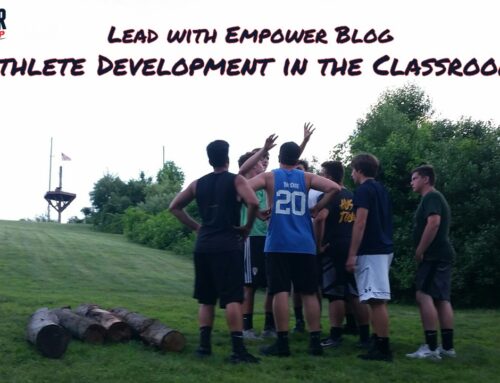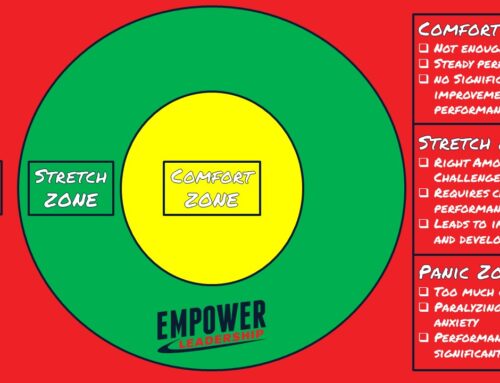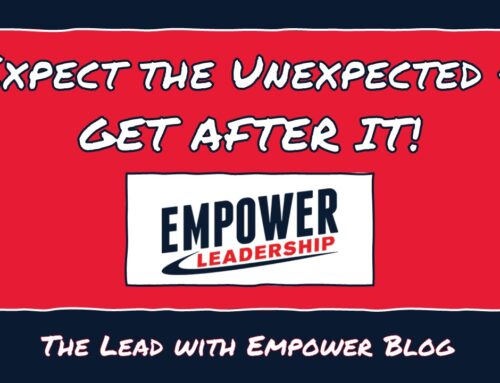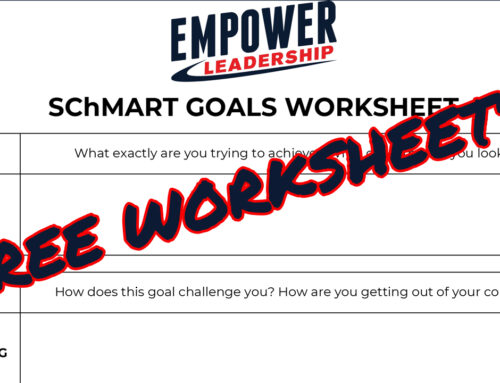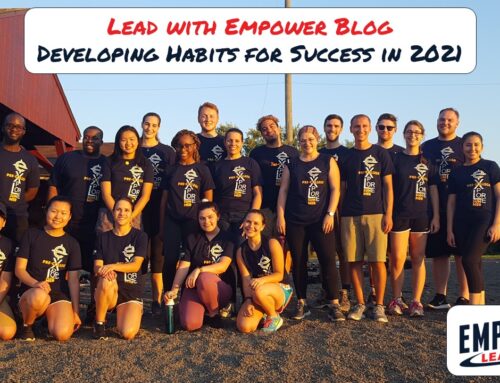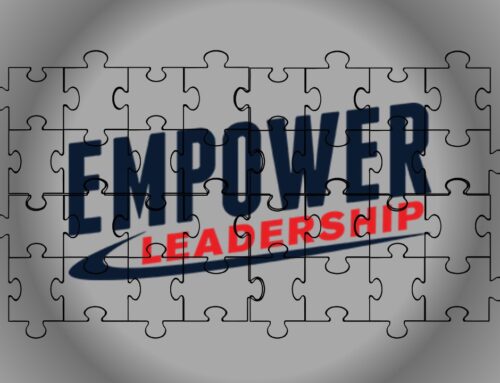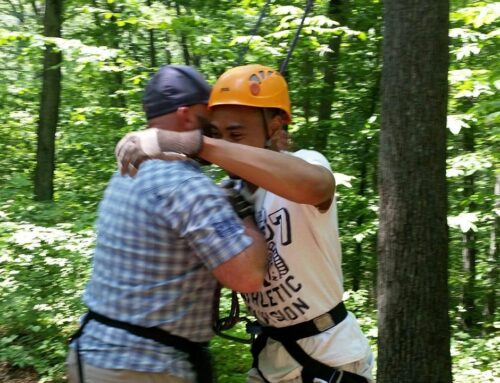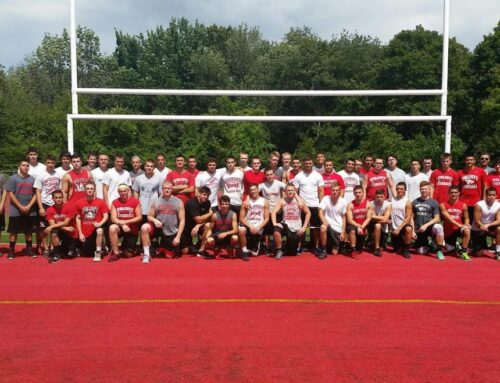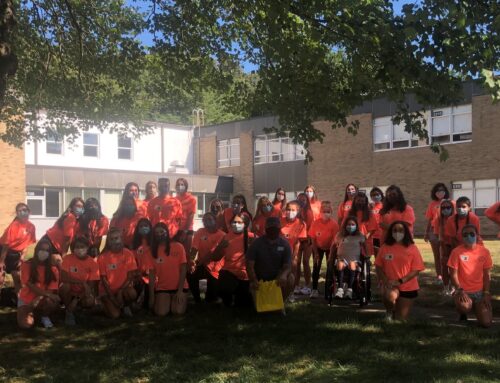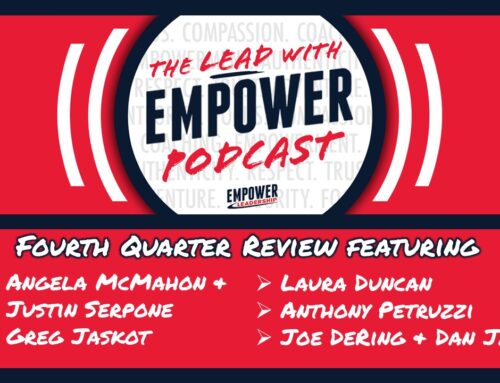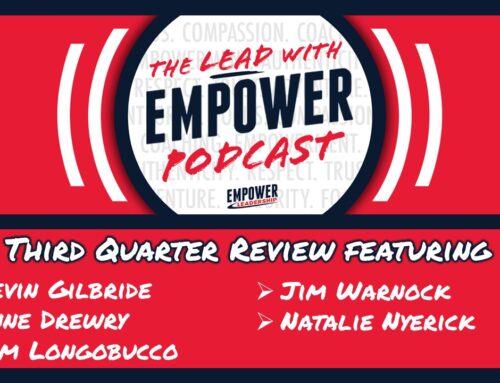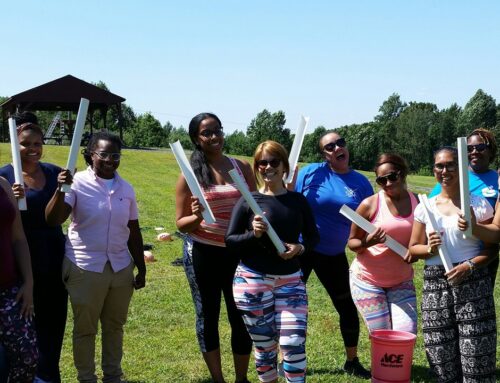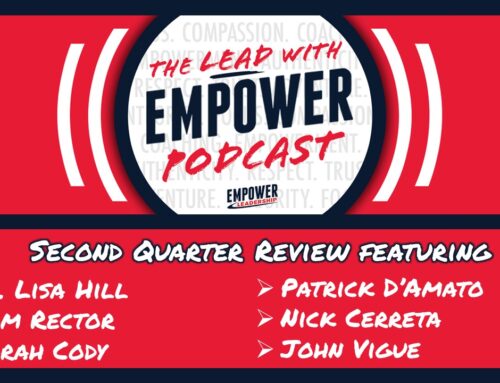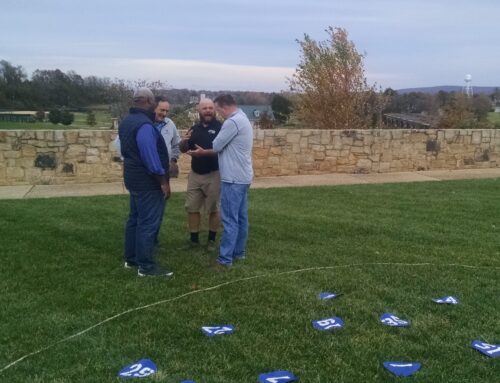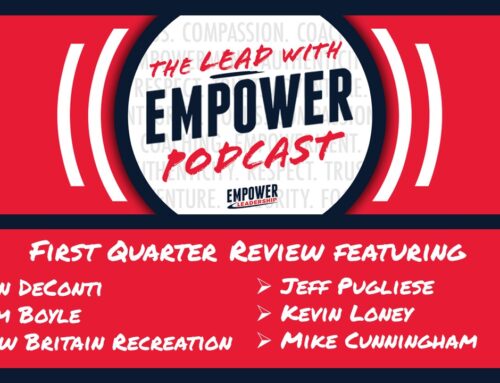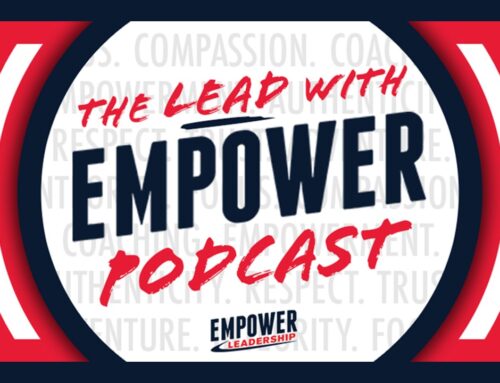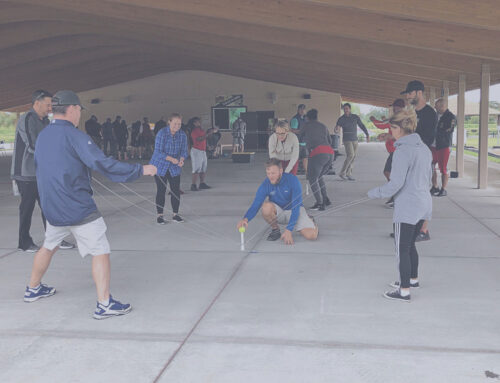Trust and Leadership – You Cannot Have One Without the Other
The ability of one to effectively lead others is often determined by the trusting relationships a leader forges with those that she/he intends to lead. Trust – the reliance on the character, ability, strength, or truth of someone or something – is not something that is immediately developed between two individuals; it is developed, over time, through actions and words. Our interactions with others; whether they be in person, by phone, or via email, serve as either “trust builders” or “trust breakers”. In turn, the severity of our actions determine the magnitude of trust developed or broken.
The purpose of this article is to (1) highlight the importance of intentional trust building actions in leadership, (2) share a model for leaders to evaluate their ability to develop trusting relationships, and (3) introduce an interactive trust evaluation workshop activity for corporate teams.
Rapid Fire Trust Development?
Working as a team building and leadership development facilitator requires a more expedient process when it comes to developing trust in most instances. Most of our events are 2 to 4 hours in duration and the far majority of them involve the facilitator asking or encouraging the participants to spend time out of the comfort zones (physically, socially, and emotionally). The facilitator’s ability to efficiently develop trust between she/he and the participants directly impacts how likely the participants are to feel safe and confident during their adventure out of their comfort zone.
In my experience as a facilitator, I find that there are a few key actions that lead to the efficient development of trust at the start of an event; including:
- Knowing “the who”
- Focusing on the little things
- Being upfront, honest, and clear about expectations
- Being authentically you
I have a little “mental checklist” that I execute prior to, at the start of, throughout, and after our Empower events; including doing my research about the group prior to the event, welcoming the participants with warmth and enthusiasm, starting conversations to discover more about each individual and about the group, being mindful of the little details (as simple as replacing garbage bags during lunch break or re-filling hand sanitizer before it is empty), being open about the expectations and desired outcomes for the event, and following up with the group after the event. The better I perform the actions included in my mental checklist, the better I will be able to develop trust with the participants, and the more likely they will be positively engaged throughout the 2 to 4 hour experience and beyond! Facilitating team building events is quite a bit different than leading in an organization for an extended period of time; however, with intentional practices, self-reflection, and open dialogue, you can do the same as a leader in your organization!
Personal Leadership Evaluation
In “The 7 Habits of Highly Effective People”, author Stephen Covey introduces The Emotional Bank Account. According to Covey, The Emotional Bank Account is a metaphor that describes, and almost quantifies, the amount of trust that has been built up in a relationship. “Deposits” are made through courtesy, kindness, honesty, and by keeping commitments. On the contrary, “Withdrawals” are made when actions are disrespectful, arbitrary, and threatening. Covey includes a list of six major deposits that build trust between people; including (1) Understanding the Individual, (2) Attending to the Little Things, (3) Keeping Commitments, (4) Clarifying Expectations, (5) Showing Personal Integrity, and (6) The Laws of Love and the Laws of Life.
Here’s a thought-provoking “Personal Trust Building” activity that will help you identify the trust building and trust breaking actions you exhibit during your interactions with those that you lead.
- Review the descriptions of Covey’s 6 major deposits
- Reflect on your recent (one week to 10 days) interactions with your team members
- List the deposit and withdrawal actions you have exhibited during that time frame
- Identify 3 actions to maintain and 3 actions that need improvement
- Write down an action plan for maintenance and improvement
- Re-evaluate your interactions (2 weeks from initial assessment, then each month)
Click here to download/print the PDF
Creating a Culture of Trust
This next step will require a bit of “an adventure” out of your comfort zone! While the leader of an organization is ultimately responsible for the feelings of trust amongst team members, the evaluation of trust should not stop with the leader’s self-assessment! To create a team culture of trust, the entire team must be involved. I recommend the following sequence of activities for you and your team:
- Leader completes quarterly Trust Self-Assessment based on her/his interactions with team members
- Leader introduces Trust Assessment to all team members; then facilitates a conversation with team members to list the exhibited actions that build (deposits) and break down (withdrawals) trust. This team assessment can be completed at the start of a fiscal year, after significant turnover in employees, and/or after a “shake-up” in assignments within the team. Don’t forget to revisit the evaluation regularly – culture isn’t changed after one simple activity! Step two will serve to set clear standards and expectations amongst all team members. Accountability towards standards works best when expectations are clearly stated and agreed upon.
- Leader asks each team member to evaluate their interactions with the leader (employee evaluates leader). This exercise can be implemented as part of your employee evaluations and should lead to open and honest dialogue between leader and those that she/he leads – remember, communication is the language of leadership!
Experiences Build Trust
At the end of the day, the development of trust comes from experiences. Deposit actions over a period of time will generally lead to positive experiences between leaders and those that they lead – creating a team culture that is founded on trust! Conversely, withdrawal actions lead to negative experiences – ultimately creating a toxic work culture.
If you have questions about implementing the Trust Assessments, contact Empower Leadership President, Dan Jaskot, at (860) 652-5690 or via email at dan@leadwithempower.com for a free 15-minute consultation. For more information about team and trust building experiential workshops and programs with Empower Leadership, visit www.leadwithempower.com/services/ or contact Dan Jaskot.
Learn more about Stephen Covey and The 7 Habits of Highly Effective People


